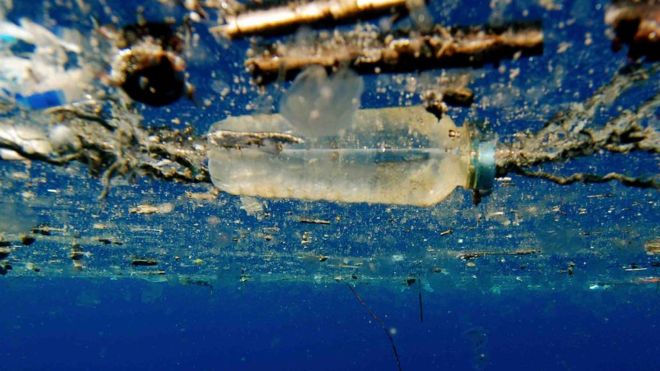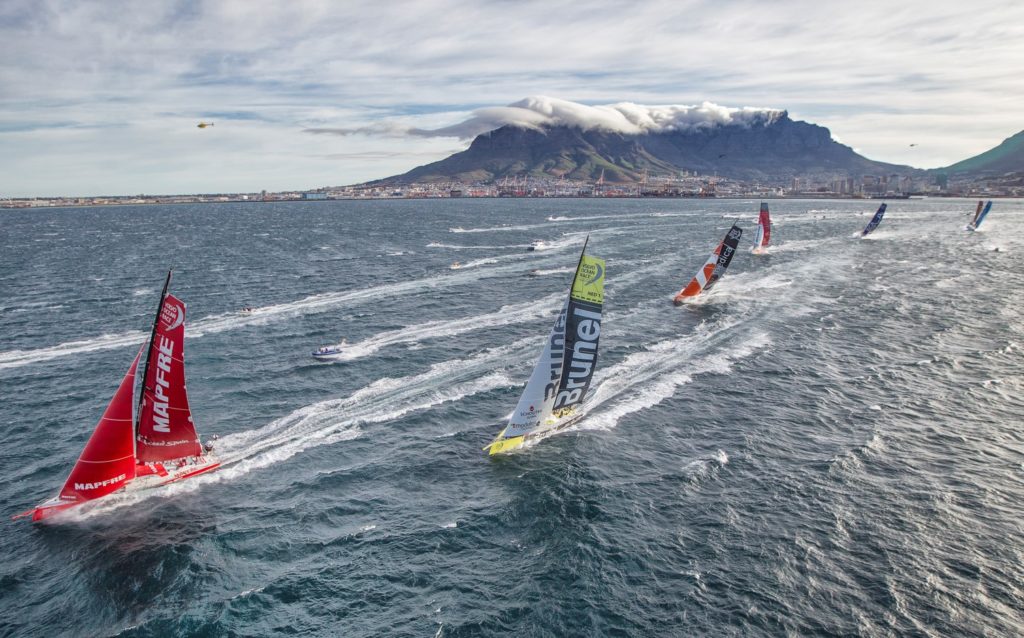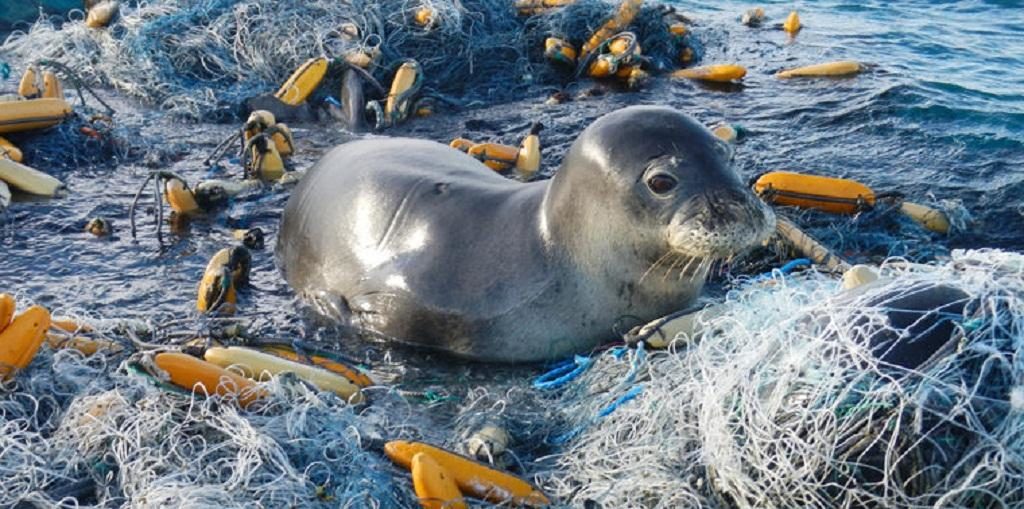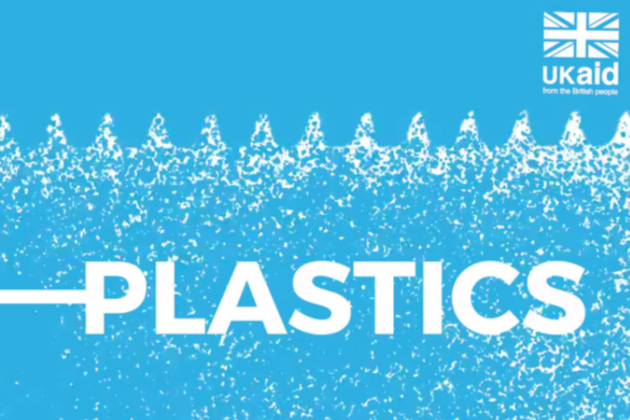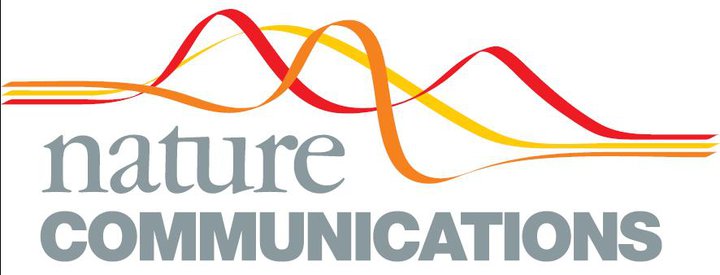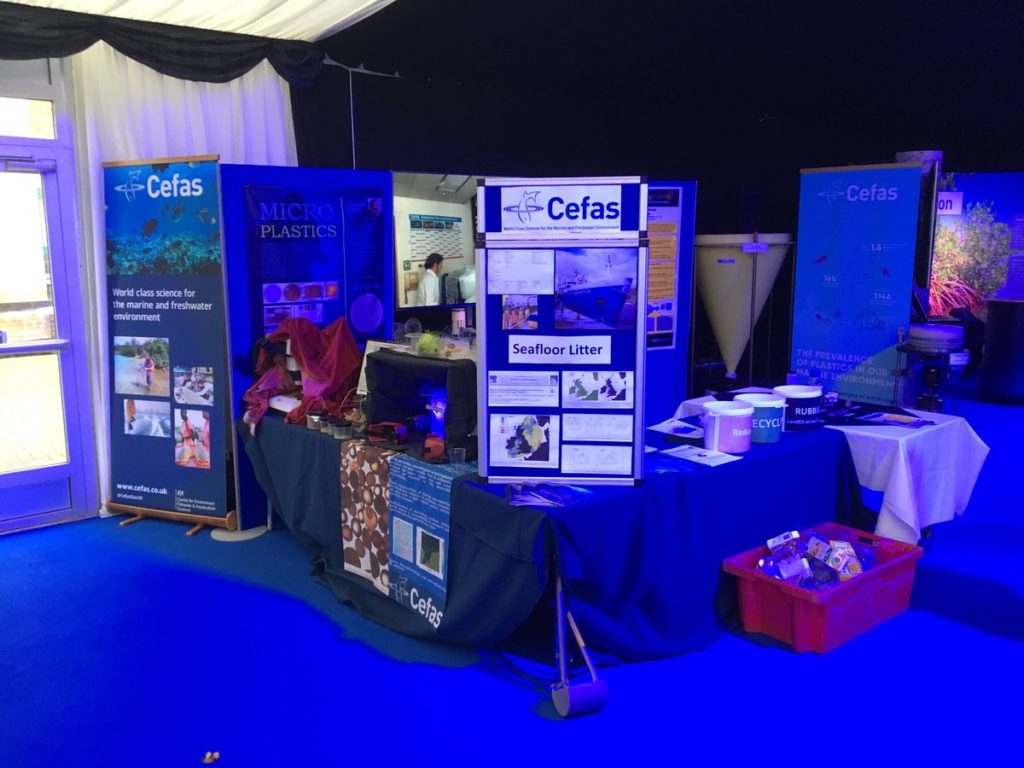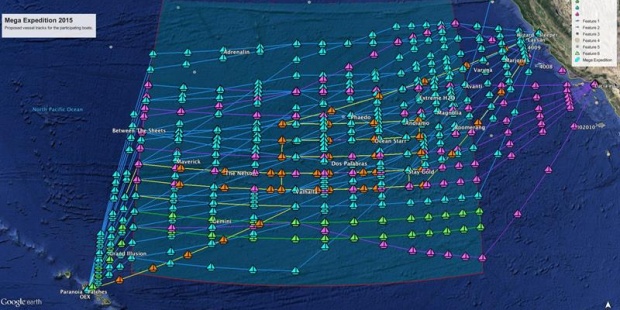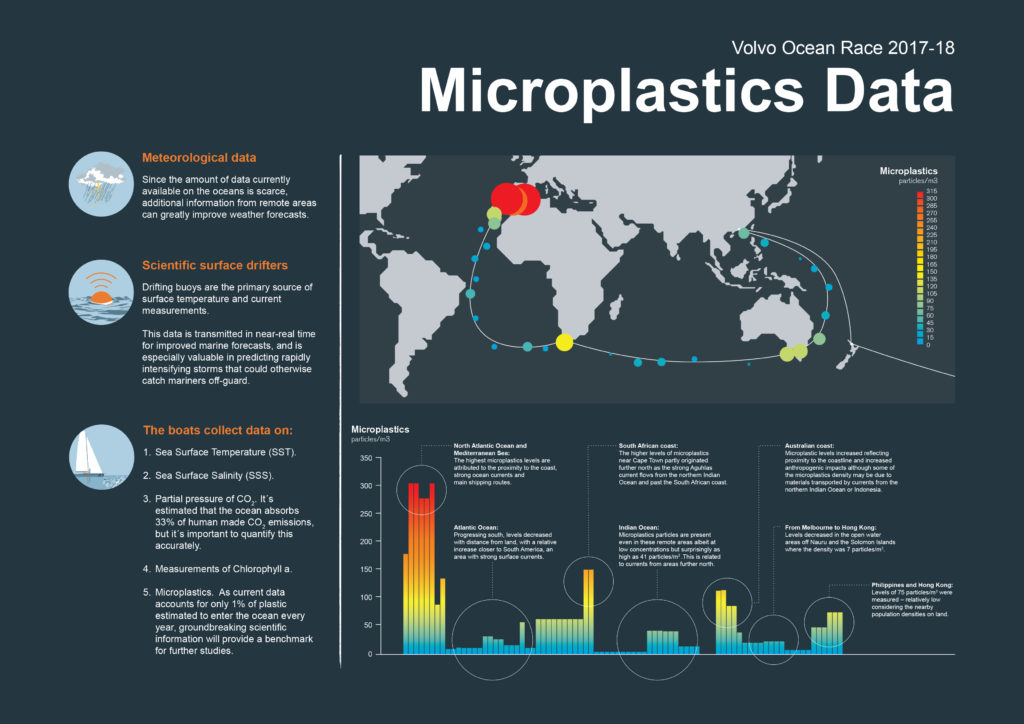An enzyme that digests plastic could boost recycling
(Image copyright: David Jones) Scientists have improved a naturally occurring enzyme which can digest some of our most commonly polluting plastics. PET, the strong plastic commonly used in bottles, takes hundreds of years to break down in the environment. The modified enzyme, known as PETase, can start breaking down the same material in just a…
Read more


 PT
PT ES
ES FR
FR